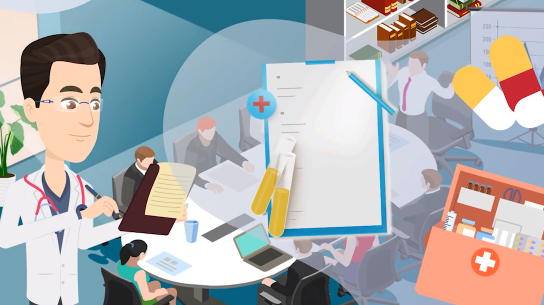China commits to sharing vaccines

Decision to join global effort expected to bolster access to COVID immunization
China has joined the COVID-19 Vaccines Global Access Facility, an important step to advance the building of a global community of health for all, the Foreign Ministry said on Oct 9.
Ministry spokeswoman Hua Chunying said the move shows that China honors its commitment to turn COVID-19 vaccines into a global public good.
Hua's remarks, in a statement on the ministry's website, came after China signed an agreement with the Global Alliance for Vaccines and Immunization on its participation in the COVAX facility on Thursday.
"Even when China is leading the world with several vaccines in advanced stages of R&D and with ample production capacity, it still decided to join COVAX," Hua said.
"We are taking this concrete step to ensure equitable distribution of vaccines, especially to developing countries, and hope other capable countries will also join and support COVAX," she said. China will strengthen vaccine cooperation with other countries through the COVAX network, she said.
With the COVID-19 pandemic still posing a severe threat to all countries, Hua stated that China will continue to work together with COVAX partners and contribute its share to the global fight against the pandemic to safeguard the safety and health of everyone.
COVAX is led by the World Health Organization and two other groups: GAVI, which was founded 20 years ago as the Global Alliance for Vaccines and Immunisation to make vaccines more available, and CEPI, the Coalition for Epidemic Preparedness Innovations, which helps finance and coordinate new vaccine development.
COVAX aims to speed the development and manufacture of COVID-19 vaccines and to guarantee fair and equitable access. It aims to have 2 billion doses available by the end of 2021.
All participating economies, regardless of income levels, will have equal access to a portfolio of vaccines once available. Participants must commit to legally binding agreements and make upfront payments to COVAX by Friday.
The facility is designed so that richer countries agree to buy into potential vaccines and help finance access for poorer ones, Medicalxpress.com reported.
China's participation in COVAX represents a new move to strengthen international cooperation to fight the pandemic, said Su Xiaohui, deputy director of the Department for International and Strategic Studies at the China Institute of International Studies.
COVAX helps ensure the ability to pay does not become a barrier to accessing COVID-19 vaccines, Su said, and China's involvement will help developing economies benefit from the global vaccine initiative and have equal access to safe and effective vaccines.
Speaking at the opening of 73rd World Health Assembly in May, President Xi Jinping pledged that COVID-19 vaccine development in China, when available, will be made a global public good. This will be China's contribution to ensuring vaccine accessibility and affordability in developing countries, Xi said.
Su said China has been striving to provide public goods to the international community as a major world player. As China has made great headway in the research and development of COVID-19 vaccines, it is able to translate its commitment into reality, Su added.
China has four of the world's nine vaccines in the third phase of trials, typically the last step ahead of regulatory approval, as countries race to defeat the virus and reboot battered global economies. Two are developed by State-owned pharmaceutical giant China National Pharmaceutical Group, and the remaining two are from United States-listed Sinovac Biotech and Hong Kong-listed CanSino Biologics.
By joining COVAX, China will play a leading role in strengthening solidarity against the pandemic, particularly considering the United States' announcement it would leave the WHO and the negative effects of its actions on international cooperation in combating the virus, Su said.
More than 160 economies have joined the initiative, while the US announced in September it would not participate in global coronavirus vaccine efforts.
Nicole Hassoun, an ethicist and professor of philosophy at the State University of New York at Binghamton in the US, told Medicalxpress.com that the world can best control the spread of the pandemic if all countries collaborate.
Hassoun said the US and other countries that do not join the facility should work together to control the virus' spread around the world through COVAX. "The Trump administration's decision leaves us all at risk," she said.




